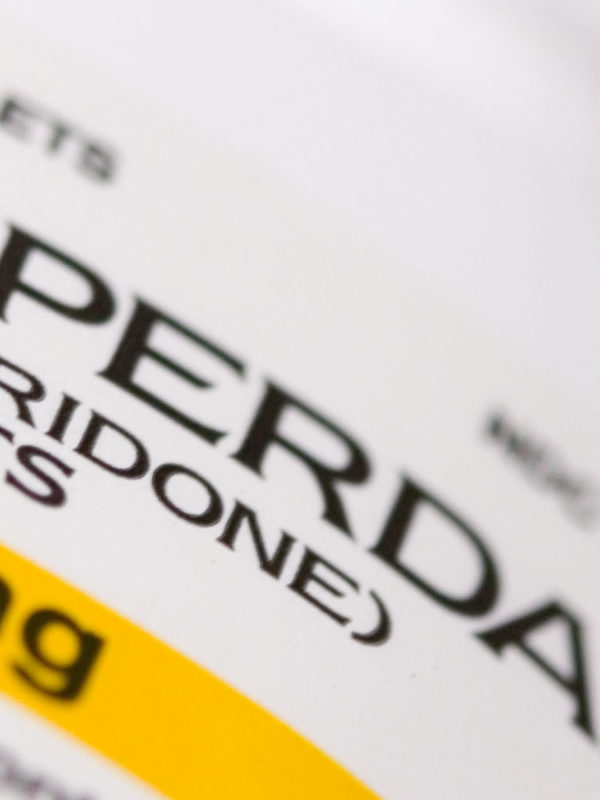Talcum Powder Lawsuit
Over 20 studies have linked talcum powder to increased risk of ovarian cancer since 1971. In 2003, an analysis of 16 studies was conducted, which ultimately concluded that women using talcum powder are 33% more likely to develop the form of cancer.
Johnson & Johnson is a manufacturer of several tal-based powders, which include the likes of Baby Powder and Shower-to-Shower. The company allegedly had prior knowledge of the risk that the products posed, dating back to 1982 at the latest. Regardless, they failed to warn consumers of the risk and led to over 1,00 women filing lawsuits against the company.
If you or a loved one developed ovarian cancer after regular use of talcum powder or baby powder, then you may be entitled to compensation. To learn more, get in touch today for a completely free and no-obligation consultation.
More About Talcum Powder
Talc is the softest mineral on Earth currently known man and has been used as the primary ingredient in baby powder and a range of cosmetic products for many decades. Talcum powder is popular as it is able to reduce friction while also absorbing softness and providing a pleasant soft sensation against the skin. This makes it ideal in theory for many face and body powders.
Talc is most famously used in Johnson’s highly popular Baby Powder, which many women use on their genitals for hygiene purposes. However, many studies have linked this use to a significantly increased risk of ovarian cancer.
The Risks and Dangers Associated With Talc
The primary risk associated with talc is ovarian cancer. Researchers have noted this link for decades and it is thought that when the substance is used near the genitals, it can travel to the ovaries where it becomes embedded in the tissue and causes damage on a cellular level.
Talc is a natural mineral but is not naturally found in the body. This makes it very hard for the body to flush out the particles, leading to inflammation and potentially the formation of cancerous tumors. In a similar manner, inhalation of talcum powder has been shown to increase the risk of lung cancer.
In 1971, an early study published in The Lancet showed that the vast majority of ovarian tumors had talcum powders embedded deeply in them. In 1982, this research was continued and it was found that women using talcum powder during ovulation would be 92% more likely to develop ovarian cancer.
21 additional studies followed over the next 30 years and these included all manner of designs and procedures. In almost all studies, it was found that women who used the products were at significantly increased risk of developing the cancer. The American Cancer Society and National Cancer Institute both now consider the use of talc near the genitals as a ‘risk factor’ for the illness.
What is shocking about all this is that talcum powder manufacturers are not warning their users of the potential risks associated with their products. Despite this large and growing body of research showing that talcum based powders are putting women at risk, Johnson & Johnson among others are not placing relevant warnings on their packaging.
Lawsuits and Litigation
Manufacturers of these talcum based products that have contributed to the development of ovarian cancer in women may be held liable in lawsuits. To date, over 1,000 suits have been filed against Johnson & Johnson for failure to warn their customers of the risks associated with their products. One case led to a settlement worth $72 million (the case of Jacqueline Fox).
Jacqueline Fox was awarded this pay-out in 2014 following contraction of ovarian cancer after a long history of using baby powder products for feminine hygiene. She filed a suit against Johnson & Johnson along with 59 other women filing negligence lawsuits against the organization.
A pathologist found that Ms. Fox’s ovaries were inflamed and then became cancerous as a direct result of the talc. Internal memos showed that executives at Johnson & Johnson were aware of the risks – one consultant even suggested that the substance was equivalent to smoking. Tragically, Ms. Fox passed away in 2015 but the family was still awarded the compensation.
This was not an isolated case by any means. In 2013, a physician’s assistant called Deane Berg similarly sued Johnson & Johnson after contracting the disease after regular use of baby powder. She turned down a $1.3 million settlement and took the case to court where Johnson & Johnson was found to be guilty of fraud, negligence and conspiracy.
In 2014 two high profile cases were very successful against Johnson & Johnson. The first was the case of a Californian woman called Mona Estrada who filed for failure to warn women of the increased risk of cancer. The official complaint read:
“As a result of the defendants’ misrepresentations and omissions, plaintiff and the proposed class have purchased a product which is potentially lethal.”
While Ms. Estrada did not suffer any personal injury, she had bought the product over the course of 60+ years.
Barbara Mihalich meanwhile filed a class action suit that alleged the company used deceptive business practices and profited unjustly from its products. Again, this case was allowed despite the plaintiff having experienced no ill effects. The risk and the financial loss alone were enough.
Gloria Ristesund was awarded $55 million in 2016, which included $50 million of punitive damage and $5 million for compensatory damage. Gloria was another plaintiff that suffered with ovarian cancer after using the Baby Powder and Shower Powder on her pelvic area for several decades. Deborah Giannecchini was awarded $70 million in a similar case after developing Ovarian cancer. The Plaintiff’s attorney stated that the jury had: “Once again reaffirmed the need for Johnson & Johnson to warn the public of the ovarian cancer risk associated with its product.”
Are You Elligible?
If you or a loved one has developed ovarian cancer and you suspect this may be linked with the use of talc based products, then you may be eligible for compensation for:
- Pain and suffering
- Medical costs
- Loss of wages
- Funeral expense
If that describes you, then you can seek legal representation on the basis of a contingency fee contract. This means that you will only be charged should your case be successful (lawyers will collect a fixed percentage at this point).
When looking for a lawyer, always seek out those with experience, ethics and the relevant qualifications. Our firm takes great pride in what we do and we believe that it is our duty to help the everyman stand up to the negligence and malpractice of big corporations within the context of the law.
Get in touch today to learn more about how we can help you and for a completely free, no-obligation consultation.





